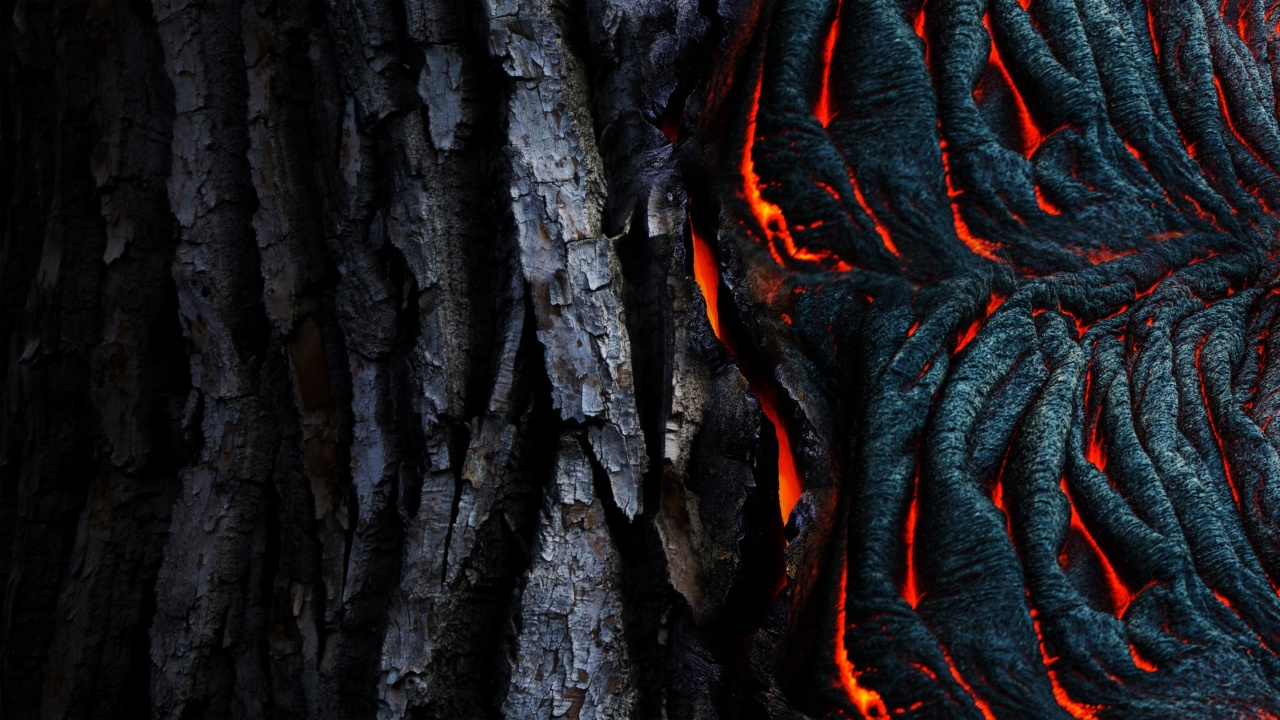Have you ever heard someone tell you that cracking your knuckles is bad for you? Or maybe you’ve been scolded by a parent or teacher for doing it too often.
Cracking your knuckles involves pulling the bones in your fingers and hands apart, which causes the sound that we’ve all come to associate with it. It’s a habit that many people have, but few truly understand.
So, let’s take a deeper dive into what happens when you crack your knuckles and whether or not it’s actually harmful.
What happens when you crack your knuckles?
When you crack your knuckles, the sound that you hear is actually the result of a process called cavitation. This occurs when you pull a joint apart, which causes the pressure inside the joint to decrease.
When this happens, the gas that is dissolved in the fluid inside the joint forms bubbles. When the bubbles form, they quickly collapse and create the cracking sound that you hear.
It’s also worth noting that cracking your knuckles doesn’t actually cause any damage to your bones or joints. However, it can lead to some short-term effects that are worth considering.
Are there any short-term effects?
One of the biggest short-term effects of cracking your knuckles is that it can be a bit painful. In some cases, the act of cracking your knuckles may cause your joints to feel sore or tender, at least for a short while.
Additionally, you might also experience some swelling or stiffness around your knuckles.
In more extreme cases, cracking your knuckles too often could lead to some physical impairments. For example, you might experience a reduced ability to grip objects or even a loss of strength in your hands and fingers.
What about long-term effects?
Despite what you may have heard, there is no evidence to suggest that cracking your knuckles can cause any serious, long-term damage. For the most part, it is simply an annoying habit that can lead to some temporary discomfort.
Some people have suggested that there might be a relationship between cracking your knuckles and arthritis. However, several studies have shown that there is no connection between the two.
Why do people do it?
If cracking your knuckles doesn’t actually cause any harm, then why do people do it in the first place? The answer to this question is largely unknown. Some people do it because it feels good or because they enjoy the sound.
Others may do it because they are feeling nervous or anxious.
In some cases, people may crack their knuckles as a way to relieve tension or stress. This could be particularly true for people who work in jobs that require a lot of typing or other repetitive motions with their hands.
So, should you crack your knuckles?
At the end of the day, cracking your knuckles is a personal choice. While it can lead to some discomfort or annoyance, there is no evidence to suggest that it causes any serious harm.
If you enjoy cracking your knuckles and it doesn’t cause any pain or discomfort, then there’s no need to stop.
However, if you find that cracking your knuckles is starting to cause some long-term discomfort or physical impairments, then it might be worth scaling back or stopping altogether.
Conclusion
Despite what you may have heard, cracking your knuckles is largely harmless. While it can lead to some short-term discomfort or annoyance, there is no evidence to suggest that it causes any serious, long-term damage.
Whether or not you choose to crack your knuckles is a personal choice that is largely up to you.































